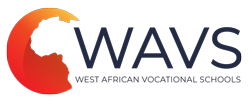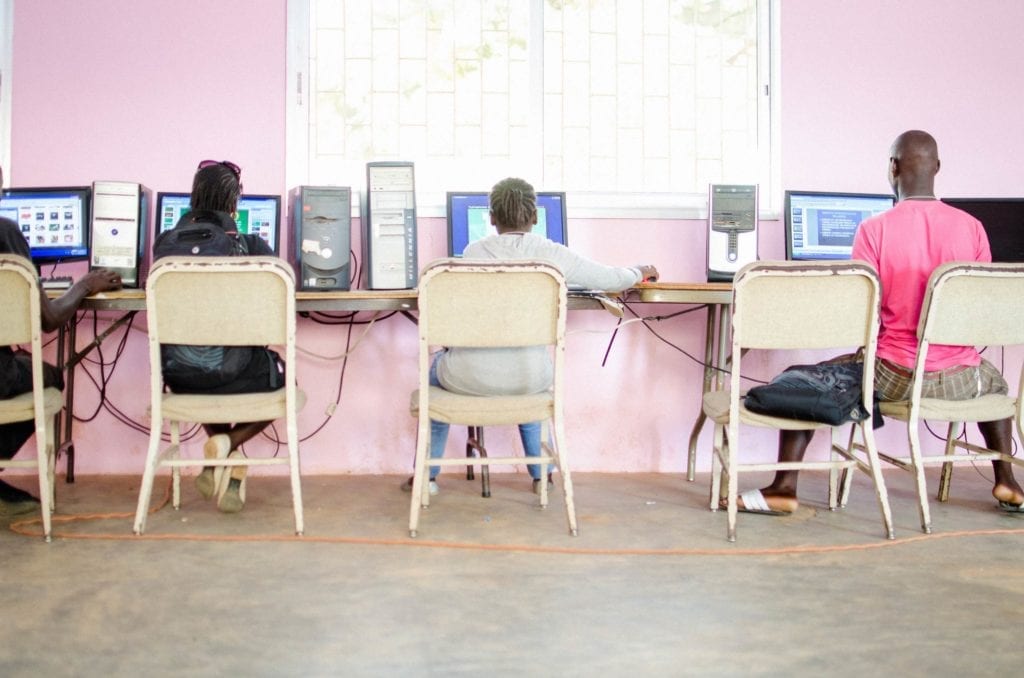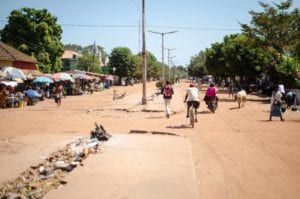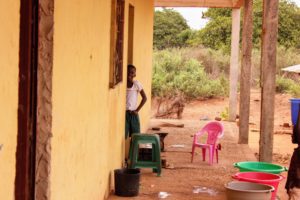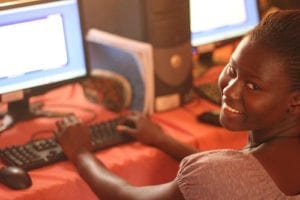In Guinea-Bissau (one of smallest and poorest countries in West Africa), access to clean water is hard to come by – let alone access to technology. Here are 8 facts about computer literacy and technology in West Africa – and what we can do to help.
Facts about technology access
1. Only 23% of the population in Guinea-Bissau is using the internet.

2. 2 out of 5 women have a mobile phone and 4 out of 5 men have a mobile phone.
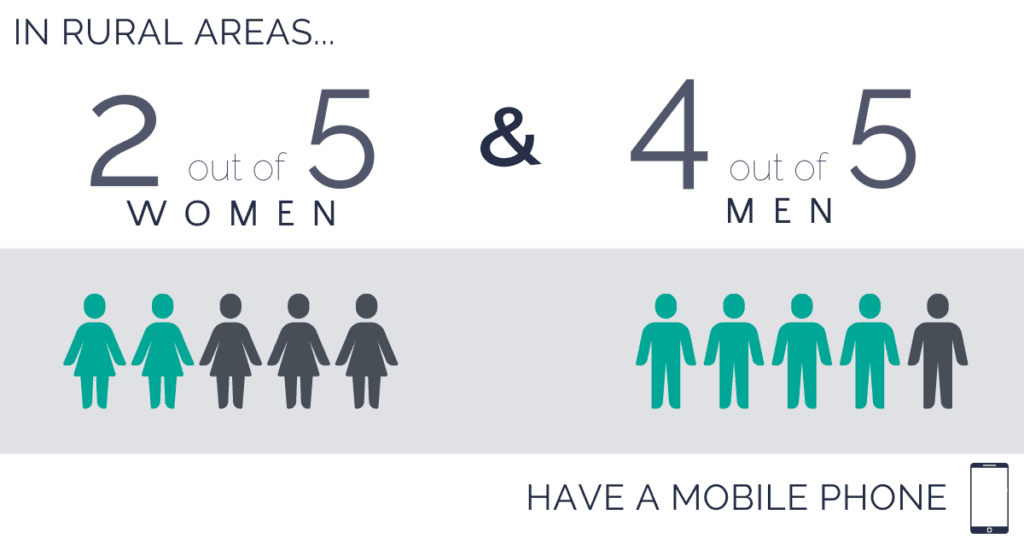
3. Only 11% of the population has a computer in their home.

4. 3% of the population has internet access in their home – in some regions that number is zero.
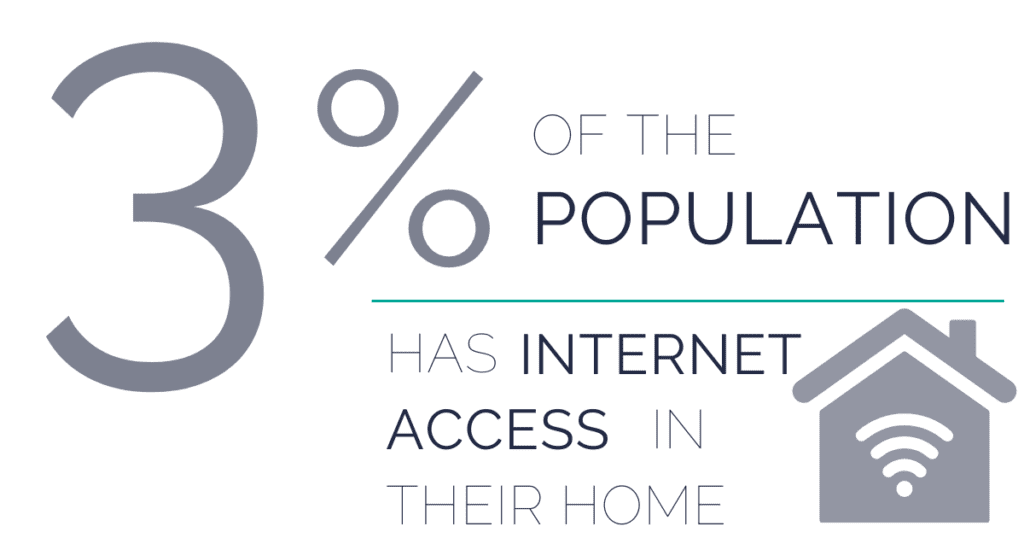
5. 33.4% of the population have access to electricity. The world average from 187 countries is 86.26%.
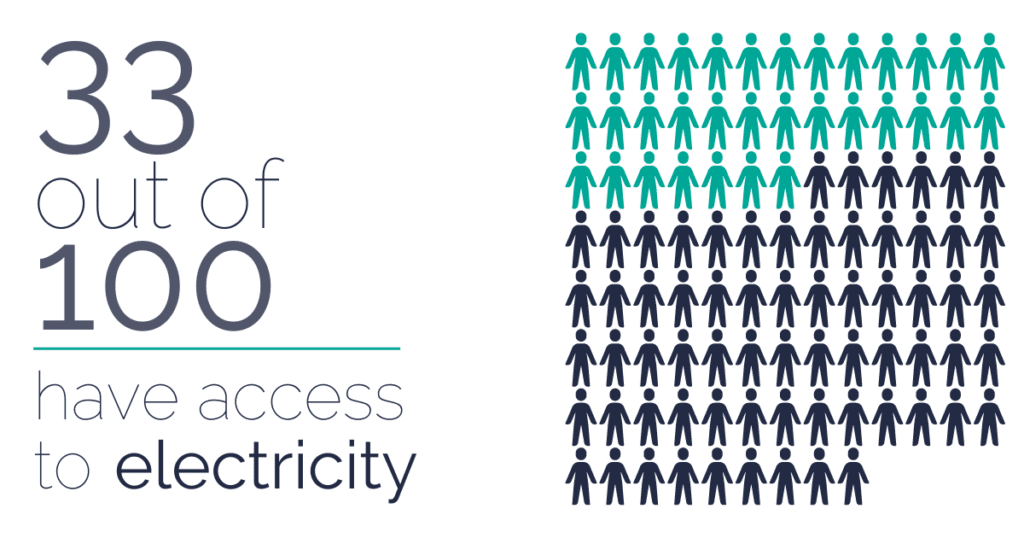
Facts about computer literacy
6. 5% of women and 16% of men age 15-49 have used a computer in the last 3 months.
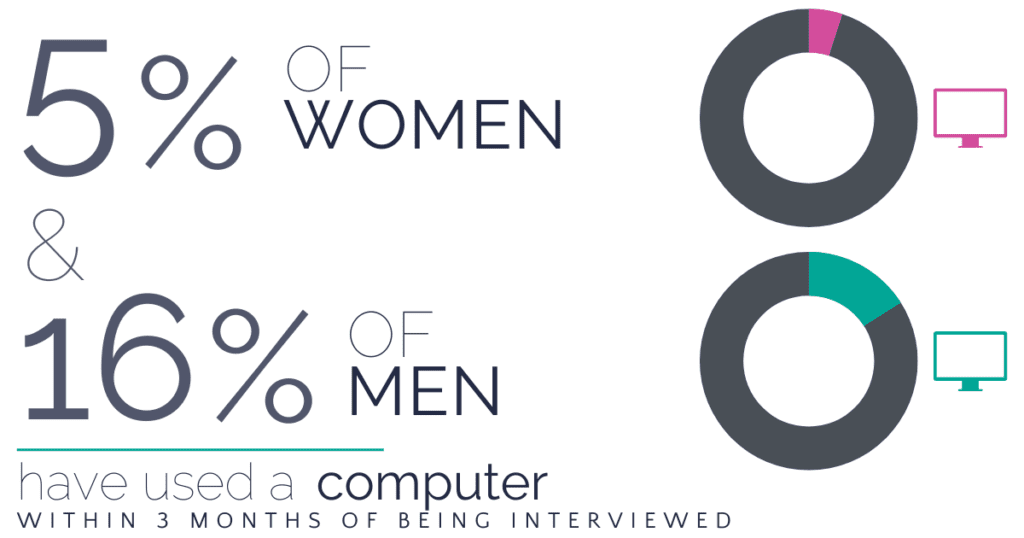
STAY CONNECTED
See what WAVS is doing to provide computer literacy skills in Guinea-Bissau with stories delivered straight to your inbox!

7. 1.4% of women and 3% of men created a presentation within 3 months of being interviewed.
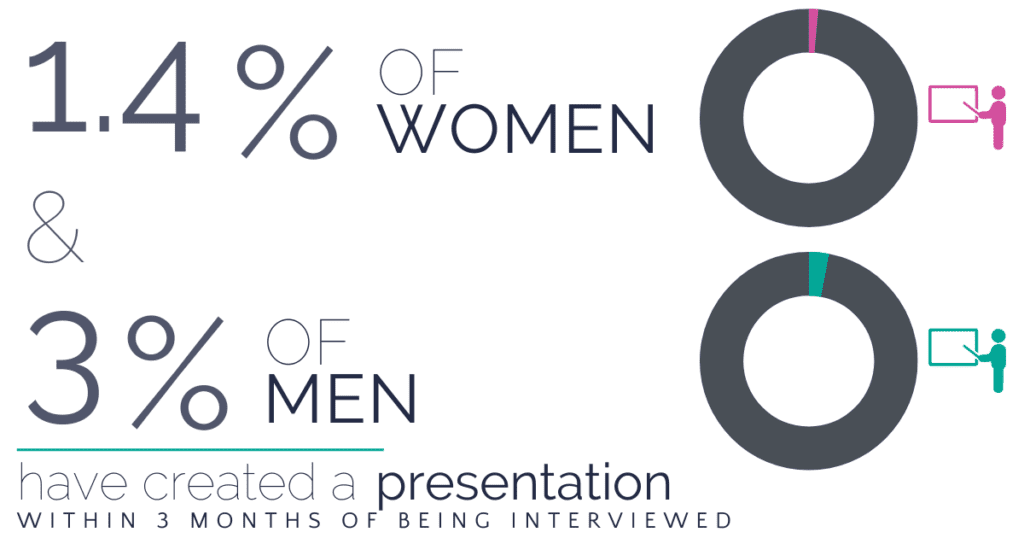
8. 8% of men and 2% of women have sent an email with an attachment within 3 months prior to being interviewed.
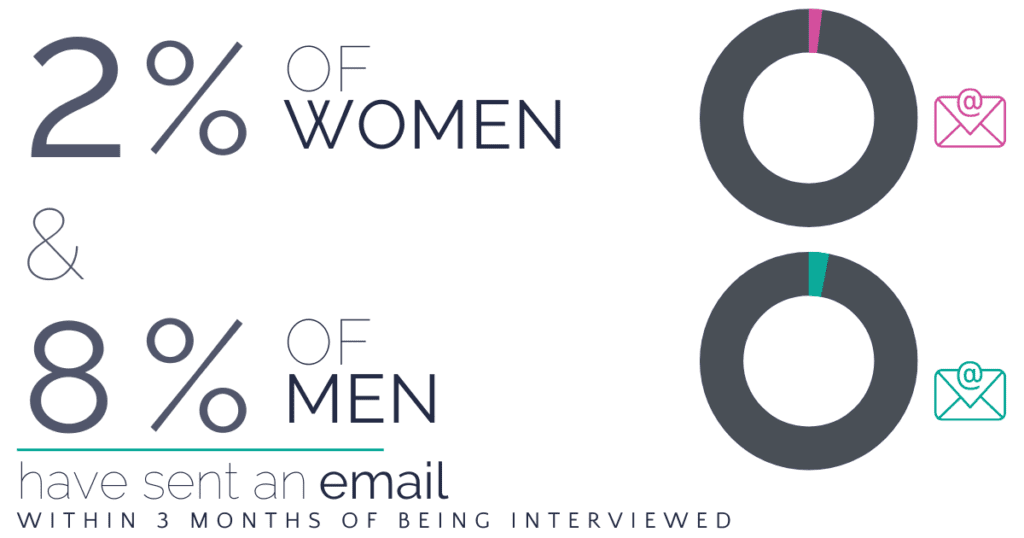
Computer literacy is a basic skill needed in today’s world and economy. And yet, the vast majority of people living in Guinea-Bissau lack even the simplest knowledge of how to send an email or operate a computer mouse. This lack of knowledge isn’t due to a lack of desire to learn. Rather, it’s from a lack of infrastructure and opportunities to learn.
Frequent blackouts (an average of 22 a day in the capital) or a lack of electricity in some areas of the country make running a computer or charging a laptop anywhere from difficult to impossible. Poorly funded schools with crumbling roofs or dirt field locations are lucky to have chairs for their students, let alone computers for them to learn on. If someone does find an opportunity to attend a school that offers computer training courses, frequent teacher strikes means classes are typically inconsistent and unreliable. In one year alone, over 46% of teaching days were lost strikes. Those that do have computers in their home are usually dealing with low quality or broken equipment.
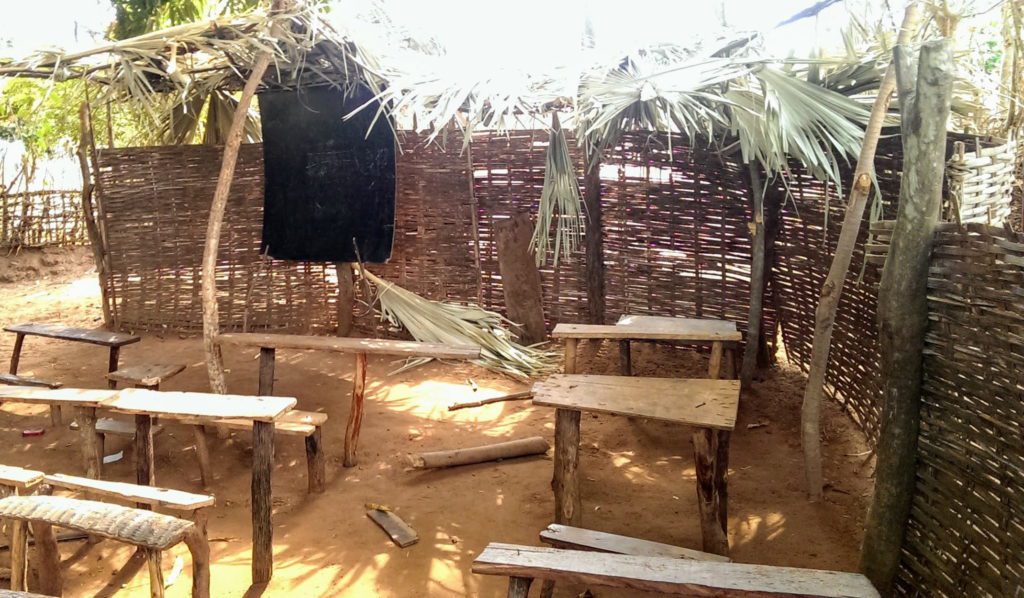
Most schools in Guinea-Bissau are little more than wooden benches with thatched walls.
What WAVS is doing to help
Facts about computer literacy and technology in West African can make the future seem bleak for Guinea-Bissau. However, West African Vocational Schools is working to change these facts for the better.
Computer literacy classes at WAVS schools operate differently than the typical school. WAVS campuses are outfitted with solar panel systems to ensure electricity access amidst city wide blackouts. Classroom buildings are upkept and maintenance staff are available to repair or replace anything that shows wear and tear as a result of the intense African sun and drenching rains. Classes are taught by highly qualified local teachers who are passionate about what they teach and care about the education of their students. Instead of outdated broken computers, each WAVS student is able to use their own individual laptop computer imported from the US during class.
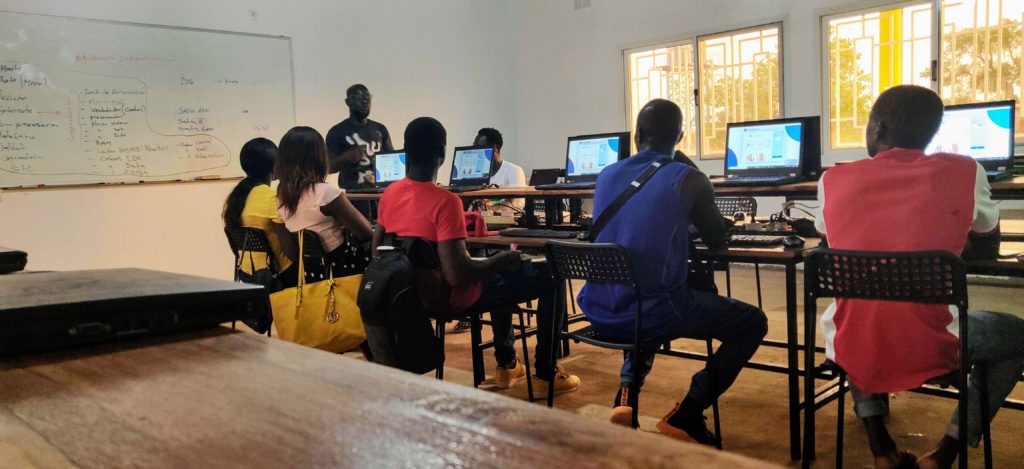
Students at WAVS schools are able to learn on high quality equipment imported from the US.
WAVS schools are able to run differently from the other institutes around them is because of the One Student community. This community is a group of monthly donors who help subsidize the price of tuition for students at the WAVS schools. Join the One Student community and make an impact in the lives of young people in Guinea-Bissau.
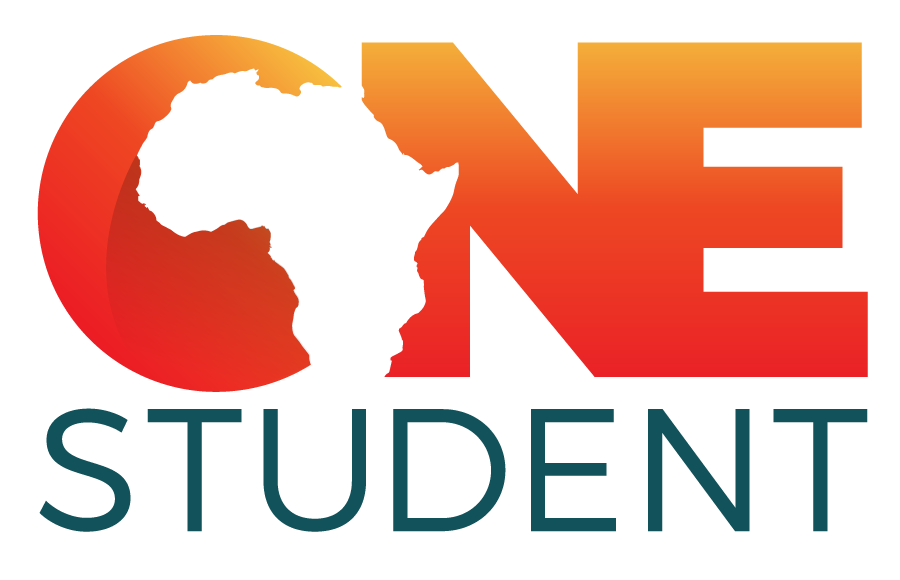
Impact of WAVS schools
The computer skills learned at WAVS schools enable students to receive reliable jobs and income. Some graduates become IT teachers, data entry clerks, or utilize their skills to attend university. Others become secretaries for businesses or administrators for schools and organizations.
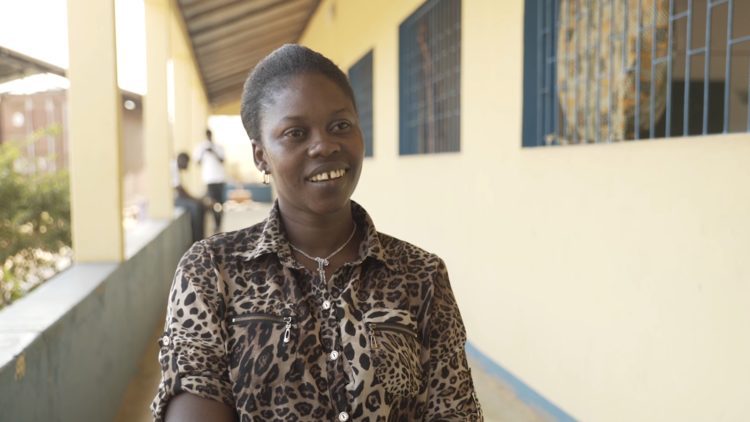
Deusa was hired as a data collector for the United Nations after graduating from the WAVS school in Canchungo.
What graduates choose to do with their newfound skills vary. But they all share something in common: the opportunity to work for a brighter future.
Sources: MICS Report and The World Bank
Want to learn more about life in Guinea-Bissau and West Africa?
